Cysteine is a sulfur-containing amino acid that can be taken in a natural way through food, but can also be produced by the body from the amino acid methionine. For the production of cysteine, methionine is converted to S-adenosyl methionine, which is then converted into homocysteine. Homocysteine reacts with serine to form cysteine.
Functions of cysteine
Antioxidant activity - as a major component of glutathione, cysteine has many important physiological functions. Glutathione, formed from cysteine, glutamic acid and glycine, is found in all human tissues, with the highest concentrations in the liver and eyes. Glutathione is a powerful antioxidant, protecting fatty tissues from the damaging effects of free radicals.
Detoxification - Glutathione plays a vital role in the detoxification of the liver. Glutathione also carries important nutrients to lymphocytes and phagocytes - important immune system cells.
Helps to eliminate mucus - cysteine also has the ability to break down proteins contained in the mucus, which damage the lungs. As a result, it may be useful in treating bronchitis and other respiratory problems.
Deficiency of cysteine
Cysteine deficiency may occur in vegetarians receiving plant foods low in methionine and cysteine. There is no, however, direct medical condition caused by deficiency of cysteine.
Consumption of foods containing cysteine or methionine is unlikely to cause toxic symptoms. However, cysteine is exitoxic for the brain, which can cause damage to brain cells in susceptible individuals. Such people have no proper metabolism of amino acids and as a result may be at risk of some neurodegenerative diseases, including multiple sclerosis, Alzheimer's and others.
High-dose oral N-acetyl-cysteine, such as those given to patients with acetaminophen - toxicity can cause nausea, vomiting and diarrhea. Intravenous administration of N-acetyl cysteine may cause allergic reactions, and in a small percentage of people is characterized by redness of the skin, low blood pressure, irregular heart beat and respiratory distress. Accidental overdose of intravenous N-acetyl-cysteine could be fatal.
The combination of nitroglycerin and N-acetyl-cysteine can cause severe headaches. Cysteine helps the rapid exchange of acetaminophen to prevent liver damage. N-acetyl cysteine also protects against heart damage caused by certain drugs for chemotherapy and increases the effectiveness of interferon to treat hepatitis C.
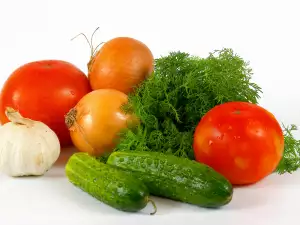
Benefits of cysteine
Cysteine may play a role in the prevention and/or treatment of the following disorders: acute respiratory distress syndrome, asthma, cancer, cataracts, hair loss, heart disease, heavy metal toxicity, AIDS, liver disease, psoriasis, rheumatoid arthritis and viral infections.
Foods rich in cysteine
Cysteine can be provided through a variety of foods, including poultry, yogurt, egg yolks, red peppers, garlic, onions, broccoli, Brussels sprouts, oats and wheat germ.
Cysteine, along with other sulfur-containing amino acids, like methionine is recommended to be taken by all persons over the age of one year by eating 25 milligrams of cysteine plus methionine (combined) for each 1 g dietary protein.


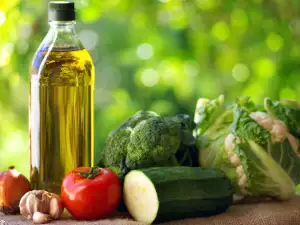
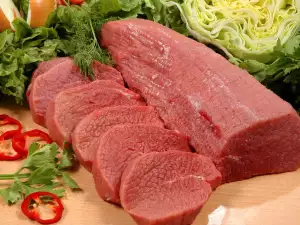
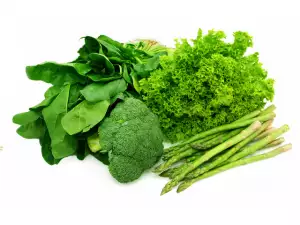
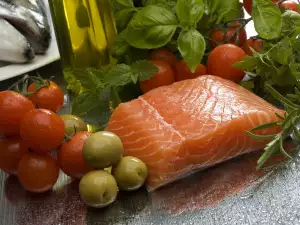
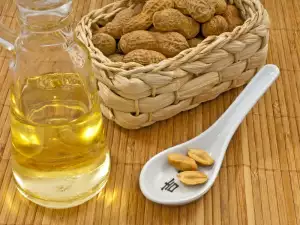

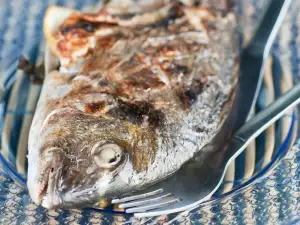
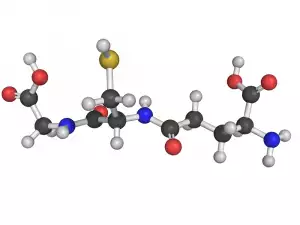
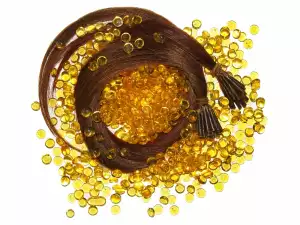



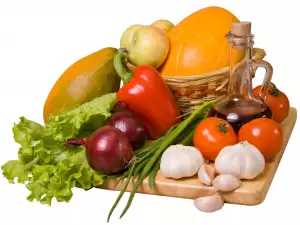
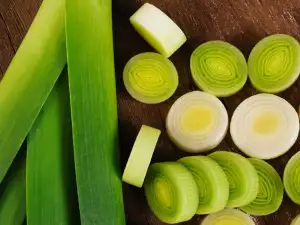
Comments